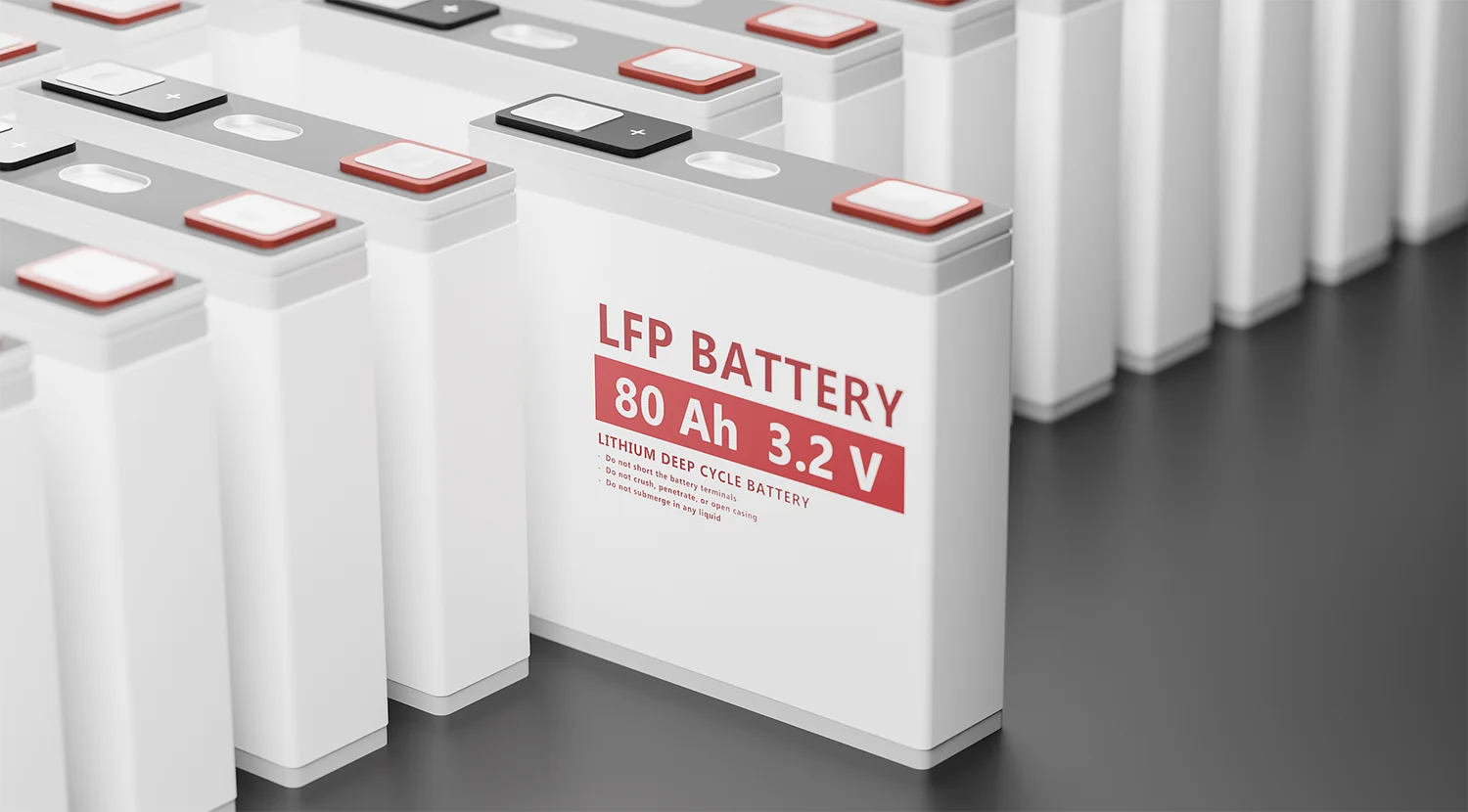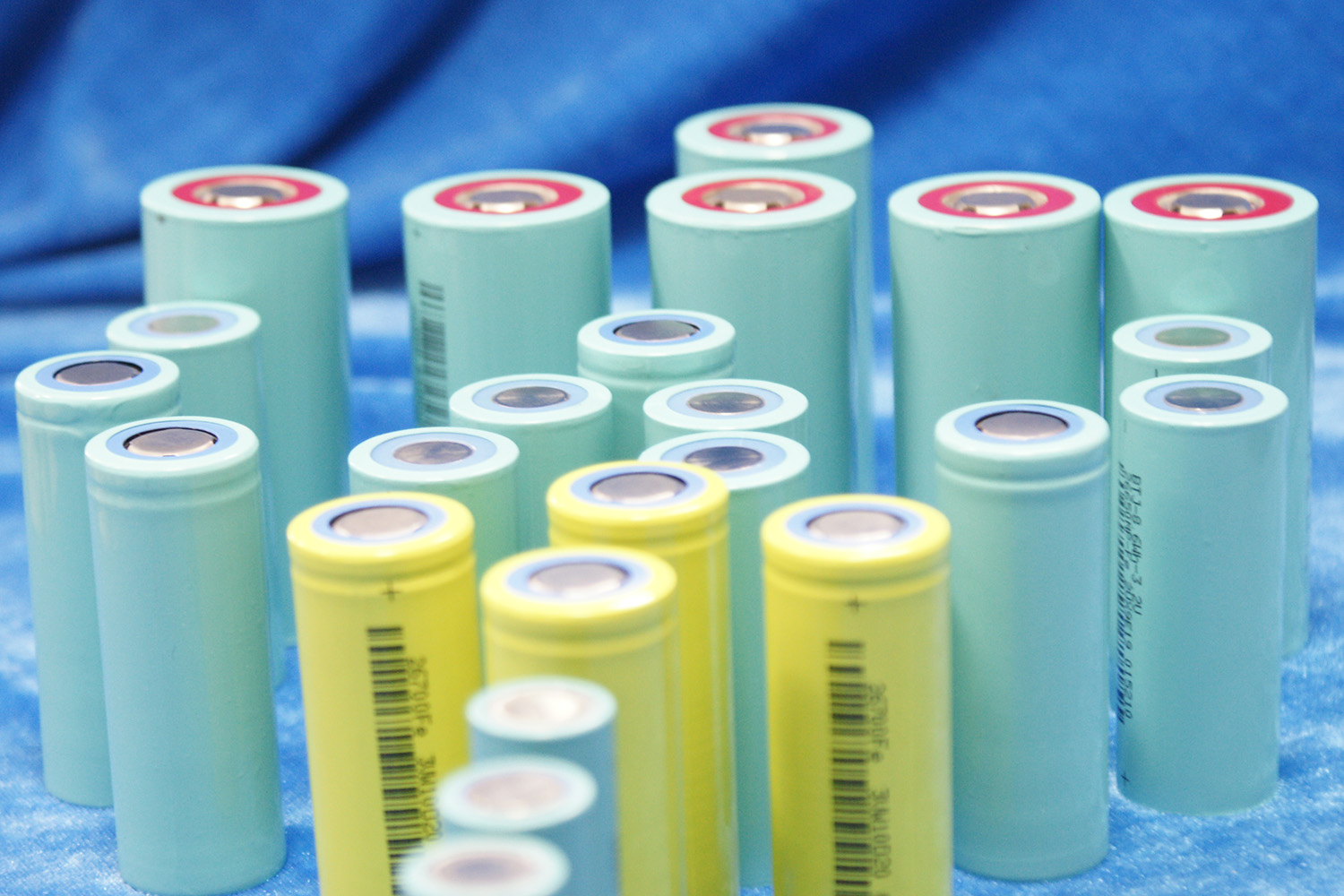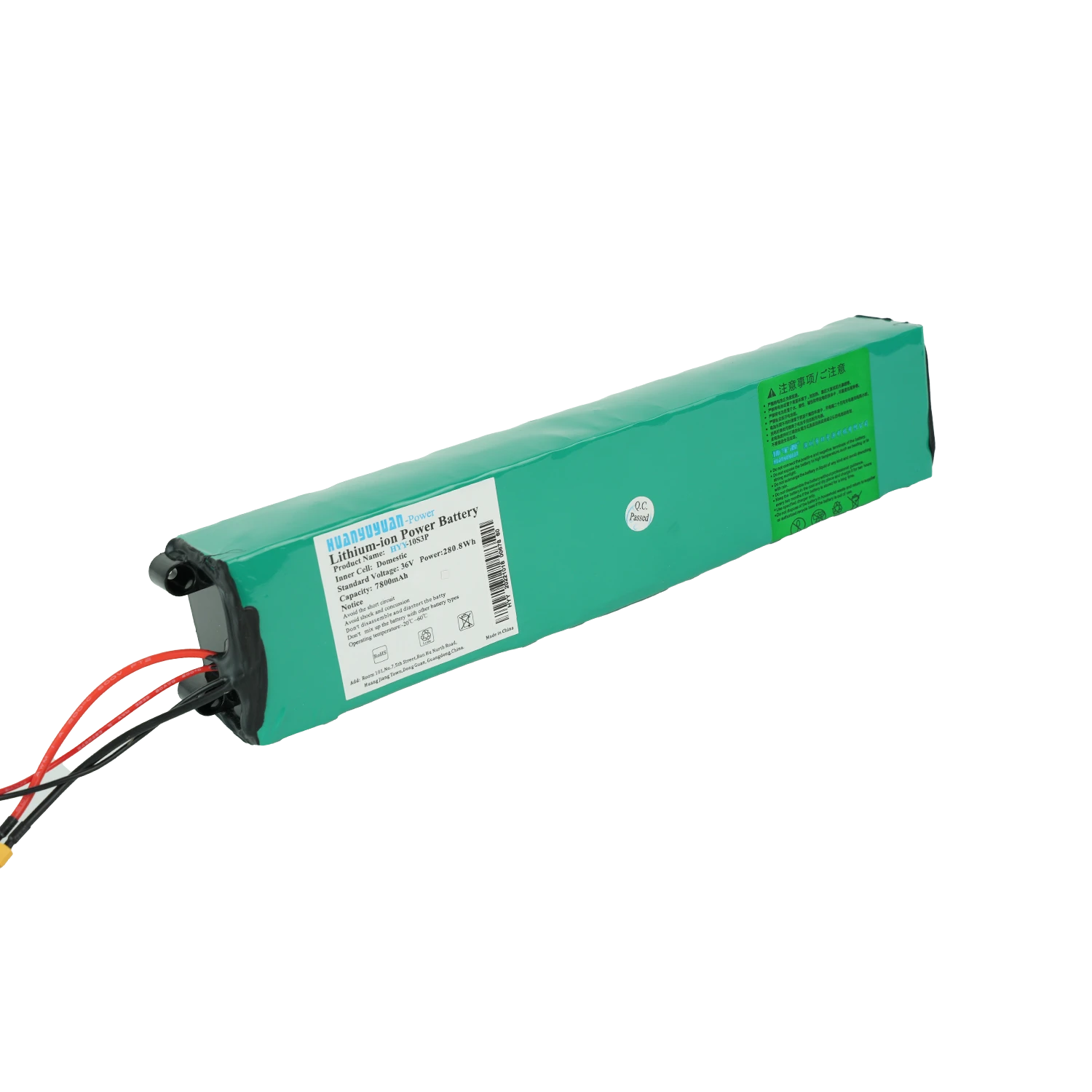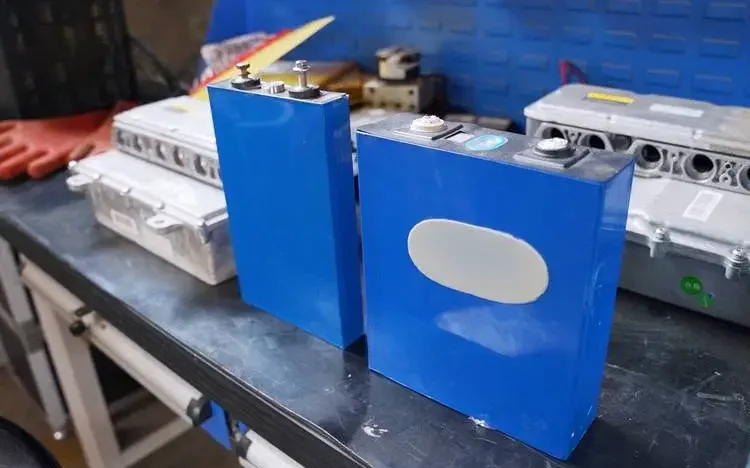
Lithium iron phosphate batteries and ternary lithium-ion batteries are two widely used types of lithium-ion batteries, each with its own advantages and disadvantages, which can be selected based on specific application scenarios.
Ternary lithium-ion batteries generally refer to ternary polymer lithium batteries, which are lithium-ion batteries with ternary cathode materials such as lithium nickel cobalt manganese oxide (Li(NiCoMn)O2) or lithium nickel cobalt aluminum oxide.
Advantages of ternary lithium-ion batteries:
- High energy density: Ternary lithium-ion batteries have a high energy density, providing a higher energy storage capacity, which is suitable for applications with high energy density requirements, such as electric vehicles.
- Long charge-discharge cycle life: Ternary lithium-ion batteries have a good cycle life, with a high number of charge-discharge cycles, reaching several thousand cycles, making them suitable for long-term use scenarios.
- Fast charging speed: Compared to other types of lithium-ion batteries, ternary lithium-ion batteries have a faster charging speed.

Disadvantages of ternary lithium-ion batteries:
- Higher cost: Compared to lithium iron phosphate batteries, the manufacturing cost of ternary lithium-ion batteries is higher.
- Poor safety: Under extreme conditions, such as high temperature environments, ternary lithium-ion batteries have relatively poor safety.
- Larger size and weight: Ternary lithium-ion batteries have a higher energy density, but for the same energy capacity, their size and weight are usually larger than those of lithium iron phosphate batteries.
Lithium iron phosphate batteries are lithium-ion batteries that use lithium iron phosphate (LiFePO4) as the cathode material and carbon as the anode material.
Advantages of lithium iron phosphate batteries:
- Good safety: Lithium iron phosphate batteries have relatively high safety in high-temperature environments and good thermal stability.
- Lower cost: Compared to ternary lithium-ion batteries, lithium iron phosphate batteries have lower manufacturing costs.
- Environmentally friendly: Lithium iron phosphate battery materials have lower costs and do not contain heavy metals, making them environmentally friendly.
Disadvantages of lithium iron phosphate batteries:
- Relatively low energy density: Lithium iron phosphate batteries have a lower energy density, resulting in a larger weight for the same capacity.
- Slow charging speed: Compared to ternary lithium-ion batteries, lithium iron phosphate batteries have a slower charging speed.
- Shorter cycle life: Compared to ternary lithium-ion batteries, lithium iron phosphate batteries have a shorter charge-discharge cycle life.
- When choosing between ternary lithium-ion batteries and lithium iron phosphate batteries, it is necessary to consider and select based on specific application requirements, in order to meet different needs in terms of energy density, safety, cost, and cycle life.


